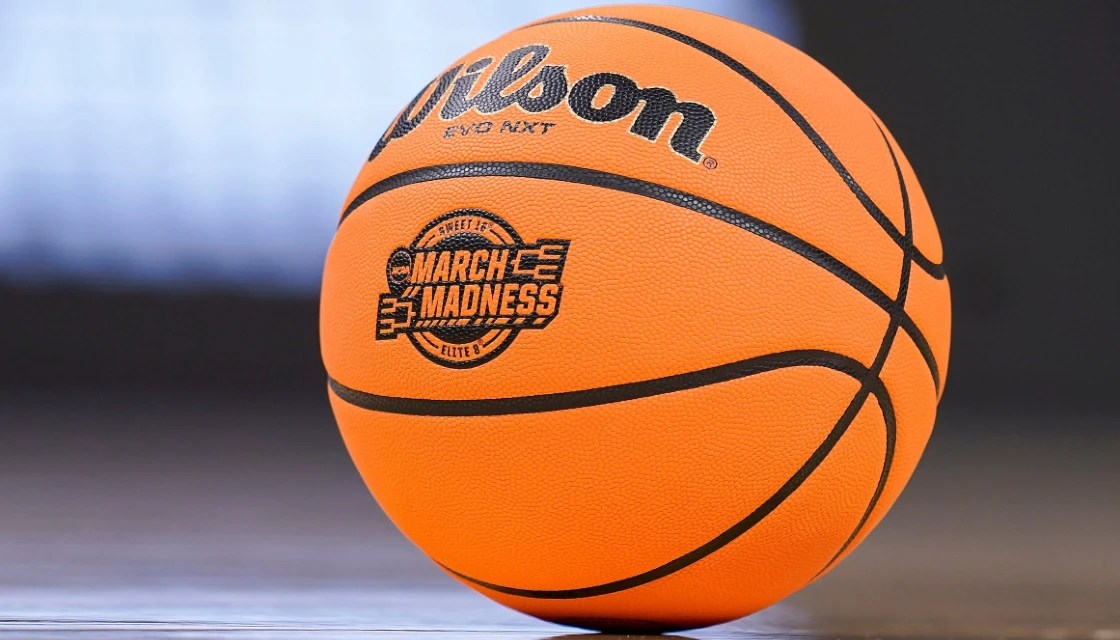The North Carolina House of Representatives approved a mobile sports wagering bill, 64-45, in the bill’s third and final reading on Wednesday.
That means the North Carolina sports betting measure has officially passed the state House today and moves on to the state Senate.
Wednesday Goes Just Like Tuesday
The Wednesday session approving HB 347 went much like Tuesday’s legislative procedure, when the bill passed its second reading, also by a comfortable margin. And just like happened Tuesday (which was a 66-45 vote), several amendments were proposed on Wednesday and all failed to gain approval.
The amendments this time included disallowing the use of credit cards in sports wagering, raising the tax rate on gambling operators to 36%, and placing limits on the amount of money customers could wager over a certain period of time, among others. All were rejected.
Before the final vote, opponents made impassioned appeals to colleagues to reject the bill.
Meanwhile, familiar arguments in support of the bill popped up again. Proponents argue that North Carolina residents are already wagering with illegal offshore operators and that a legal, regulated, and taxed sports gambling industry – with convenient North Carolina sportsbook apps used on mobile, laptop and desktop devices – is a far better alternative.
Neighbors Already Have Sportsbook Apps
Tennessee and Virginia have adopted online sports gambling and some North Carolina residents are traveling to those states to wager.
Projections indicate that North Carolina would add tens of millions of dollars to tax collections for various purposes with the advent of mobile sports betting. Right now, the state only offers three Native American land-based casinos – one at Kings Mountain, about 35 miles west of Charlotte, and two in the western end of the state.
The soonest gambling could start would be Jan. 8, 2024, but even if the bill does become law, a regulatory process has to occur.
The current mobile sports betting bill, HB 347, had bipartisan support – its four major sponsors are split evenly, with a pair of Democrats and Republicans, and the bill gained the endorsement of more than 50 House members.
Differences In 2023 Bill Vs. 2022
The online sports betting bill, which passed relatively easily through four House committees in previous weeks, is quite different from the 2022 effort that failed by a slim margin in the House last summer. Last year, the Senate passed that sports wagering proposal.
Legislative proponents of sports betting considered recommendations from colleagues and used those ideas to change the bill this year.
In the current bill, the state would issue 10 to 12 mobile licenses and the minimum age to bet would be 21.
The tax rate in this year’s bill is higher at 14%, compared to last year’s 8% proposal. Also, a license fee for mobile sportsbook operators would be $1 million; the license would be good for five years.
Major national operators such as FanDuel, DraftKings, BetMGM, Caesars and the like would no doubt be interested in entering the state and offering North Carolina sports betting promotions for new customers for signing up.
Who Would Get Tax Benefits
This year’s bill expands the targets to receive the tax money generated by sports betting.
A total of $3 million would be earmarked for 10 colleges and universities, to be divided equally so each institution receives $300,000. Those 10 schools are: Elizabeth City State, Fayetteville State, North Carolina Agricultural & Technical State, North Carolina Central, North Carolina at Asheville, UNC Greensboro, UNC Pembroke, UNC Wilmington, Western Carolina and Winston-Salem State.
The state would also earmark $2 million to programs designed to address and prevent problem gambling. And $1 million would go to the North Carolina Outdoor Heritage Advisory Council, which would be money distributed as grants.
The rest of the tax money would be divided annually thus: 50% for the state General Fund, 30% to the North Carolina Major Events, Games, and Attractions Fund (with the goal of drawing special events such as golf tournaments and auto races) and 20% for the institutions of higher learning listed above to support their athletic programs.
And that tax money could be boosted with the potential addition of North Carolina online casinos, which could be next in line for legalization if online sportsbooks are to pass.






